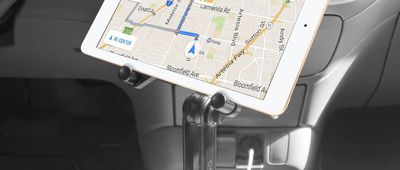Cash for Camping
The best deals on recreational vehicles tend to come in the fall. If you’re looking, the time to cash in on discounts may be now. But no amount of luck and money saved will be worth the bargain if you come home with the wrong rig and a serious case of buyer’s remorse. We consulted the experts, including people who live in them, love them, sell them, rent them, and write about them while traveling full time, to help you understand some of the most critical considerations and hidden costs. (It’s important to note that several of the experts profiled here, like so many members of the general public, use the term RV interchangeably with motorhomes and trailers.)












































